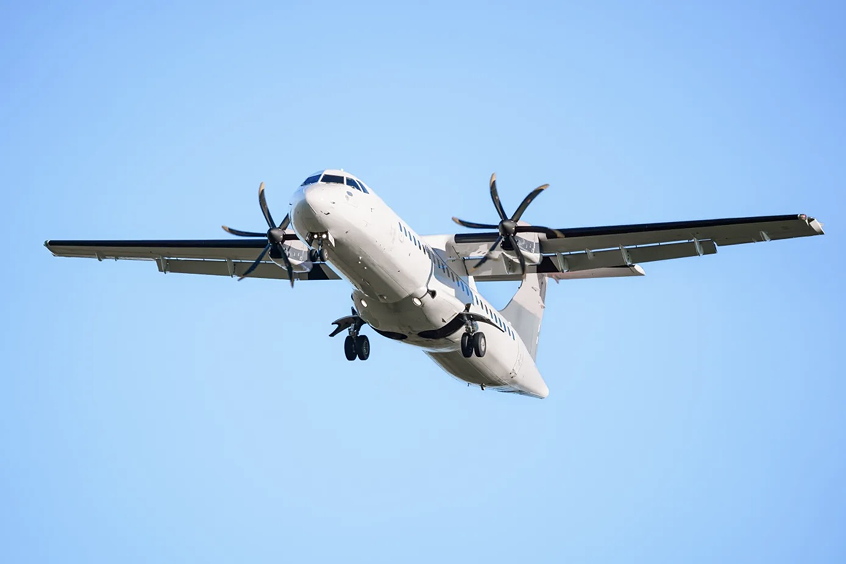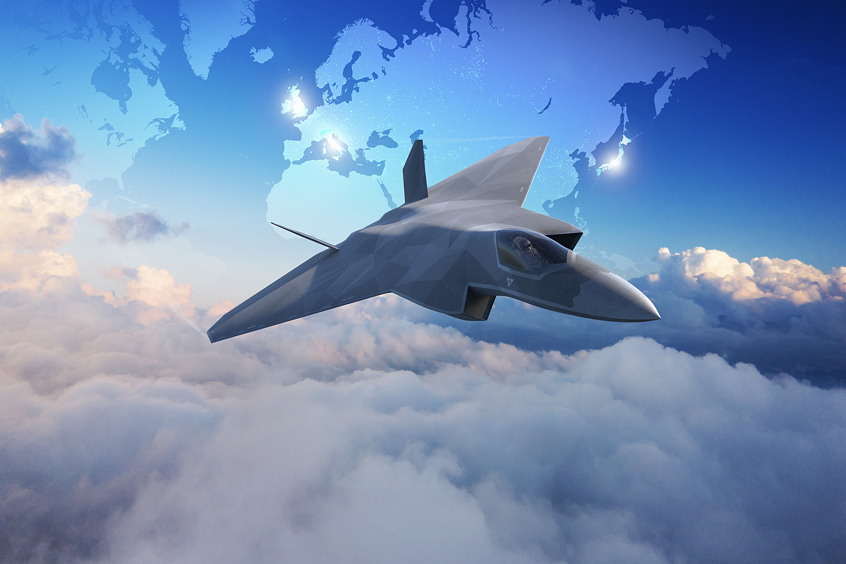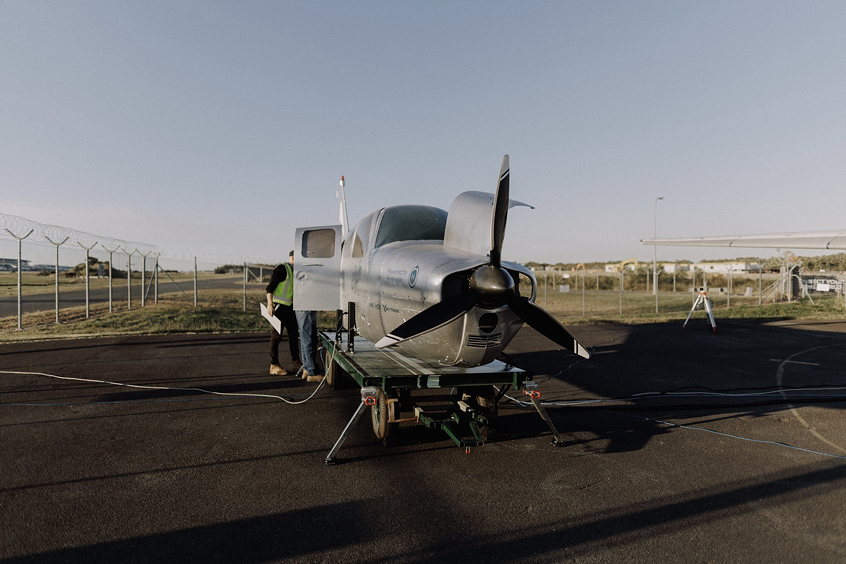Cessna Aircraft Company, a Textron Inc. company, announces the first production flight of its Turbo Skylane 182 JT-A took place yesterday at the company's facility in Independence, Kan. The aircraft has the distinction of being the first modern single engine aircraft powered by a piston engine specifically designed to run on Jet-A fuel.
"The Turbo Skylane JT-A performed just as expected," said Cessna senior test pilot Dale Bleakney. "The weather conditions were fantastic, and we took the turbo 182 up for what turned out to be a very normal first flight. We flew for 2.3 hours, achieved a flight level of 8,000 feet, and attained a true air speed of 158 kts. We brought it in and did some takeoffs and landings, and everything went as expected." "This Cessna aircraft is in the unique position to change the way single-engine pilots approach flight planning due to the aircraft's incredible performance envelope," said Jodi Noah, Cessna's senior vice president of single engine/propeller aircraft. "The Turbo Skylane JT-A is evidence that Cessna is committed to delivering the groundbreaking fuel solution that general aviation customers have been seeking for a long time." "The JT-A is the result of years or hard work put in by our engineering, research, and manufacturing teams," said Jeff Umscheid, business leader for the Cessna 172, 182 and 206 model aircraft. "This is groundbreaking in that it is the first aircraft powered by a diesel engine specifically designed for aviation. Operators will find many surprising advantages with the JT-A, and pilots will enjoy the lower workload. Add to this the benefit of being able to fuel it with a much cheaper, more available fuel anywhere in the world and it's not difficult to see why the JT-A is in such demand." Industry observers have noted a looming fuel issue for general aviation in most parts of the world. Avgas is typically used to fuel most single engine aircraft, but the fuel is becoming scarce, expensive, and even unavailable in many parts of the world. With the advent of a single engine craft designed to run on the much more common Jet-A fuel, operators can now access many more parts of the world without worrying about the unpredictable availability and price of increasingly scarce avgas. The Safran-made SMA engine in the Turbo Skylane JT-A is engineered specifically for aviation. It uses only 11 gallons per hour of the typically lower-cost Jet-A fuel at the estimated maximum cruise speed of 156 knots. The 227 horsepower engine will offer customers increased range or payload capacity without sacrificing performance. Flight at the maximum cruise speed demonstrates greater fuel efficiency, and it is expected to burn approximately 30 percent to 40 percent less fuel than comparable avgas engines. The Turbo Skylane JT-A has a seating capacity for four and an estimated range at max cruise speed of 1,025 nautical miles (1,893 kilometers). The certified ceiling will be 20,000 feet (6,096 meters). The Garmin G1000 avionics suite is pilot-friendly and highly-functional, bringing great levels of situational awareness to the cockpit. The engine diagnostics are shown on the primary and multi-function flight displays. Fuel capacity is 87 useful gallons (329 liters), with an estimated useful load of 1,018 pounds (462 kilograms).
| Contact details from our directory: | |
| Textron Aviation Inc. | Airframer |
| Related aircraft programs: |
| Cessna 182T Skylane |
Weekly news by email:
See the latest Bulletin, and sign up free‑of‑charge for future editions.

Airbus Atlantic commits to EPI for metallic ATR components
Boeing commits to expand in Charleston County

GCAP partners agree to go ahead with next gen combat aircraft
